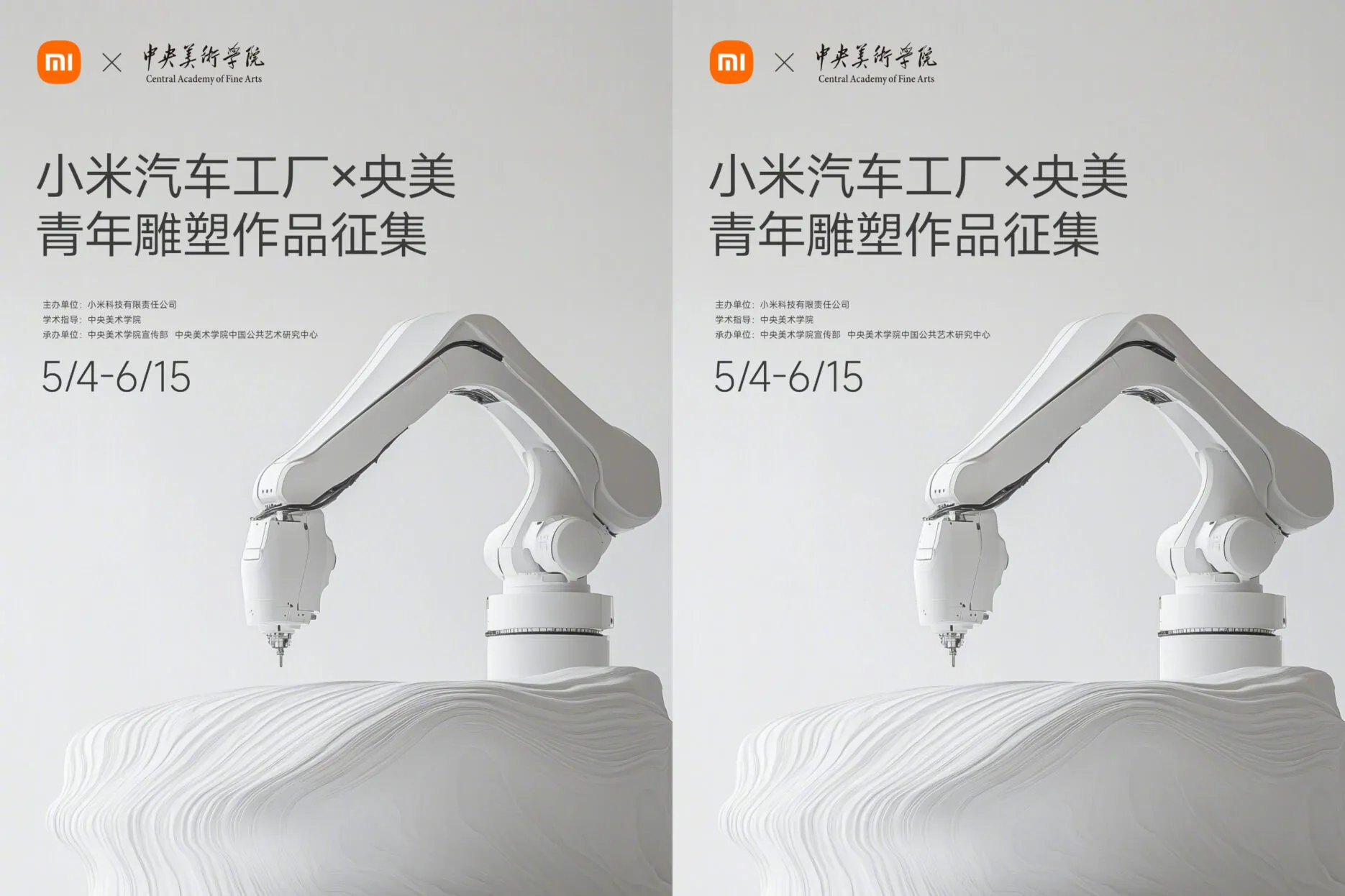Chinese tech company Xiaomi, known for its smart appliances ecosystem and its recent disruptor presence in the EV field, launched its first reasoning LLM (large language model), MiMo and announced that the model would be open-sourced.
The latest version, MiMo-7B-RL, with only 7B parameters as the name suggests, has been openly evaluated at AIME 24 and 25 for mathematical reasoning and LiveCodeBench v5 for coding. The Xiaomi model beat both OpenAI’s closed-sourced o1-mini and its domestic rival Alibaba’s Qwen QwQ-32B-Preview open-sourced model.
The evaluation proves that you can have a powerful model with fewer parameters, but also means that the model, already integrated into Xiaomi’s open-sourced Vela internet-of-things (IoT) system and Xiaomi’s smart home protocol, is nearing completion of Xiaomi’s ambitious “model-hardware-scenario” trinity within its open-sourced model ecosystem. This means third-party AI assistants created based on the open-sourced MiMo can be directly used in Xiaomi smart home devices or Xiaomi EVs.
Xiaomi recently underwent a precarious time after a fatal car accident, putting its “smart driving” and the hotly anticipated YU7 electric SUV under intense public scrutiny. Not only was the YU7 absent from Auto Shanghai 2025, but its release will also likely be delayed. Meanwhile, Xiaomi has renamed its “smart driving” feature to “driving assistance”.
With the latest release of the open-sourced LLM, Xiaomi has come out swinging in the AI sector and has proven its technological prowess again. For this reason, its share price jumped 4.74% on the day of the announcement, pushing its market value to 1.29 trillion HKD (166.43 billion USD). Xiaomi has seemingly once again become the disruptor of another industry, but is also completing its own ecosystem, and is on the way to becoming an “everything” company.
Need to boost your China strategy? Dao Pro delivers bespoke insights on marketing, innovation, and digital trends, direct from Chinese sources. Find out more from our Dao Strategy Team here.









